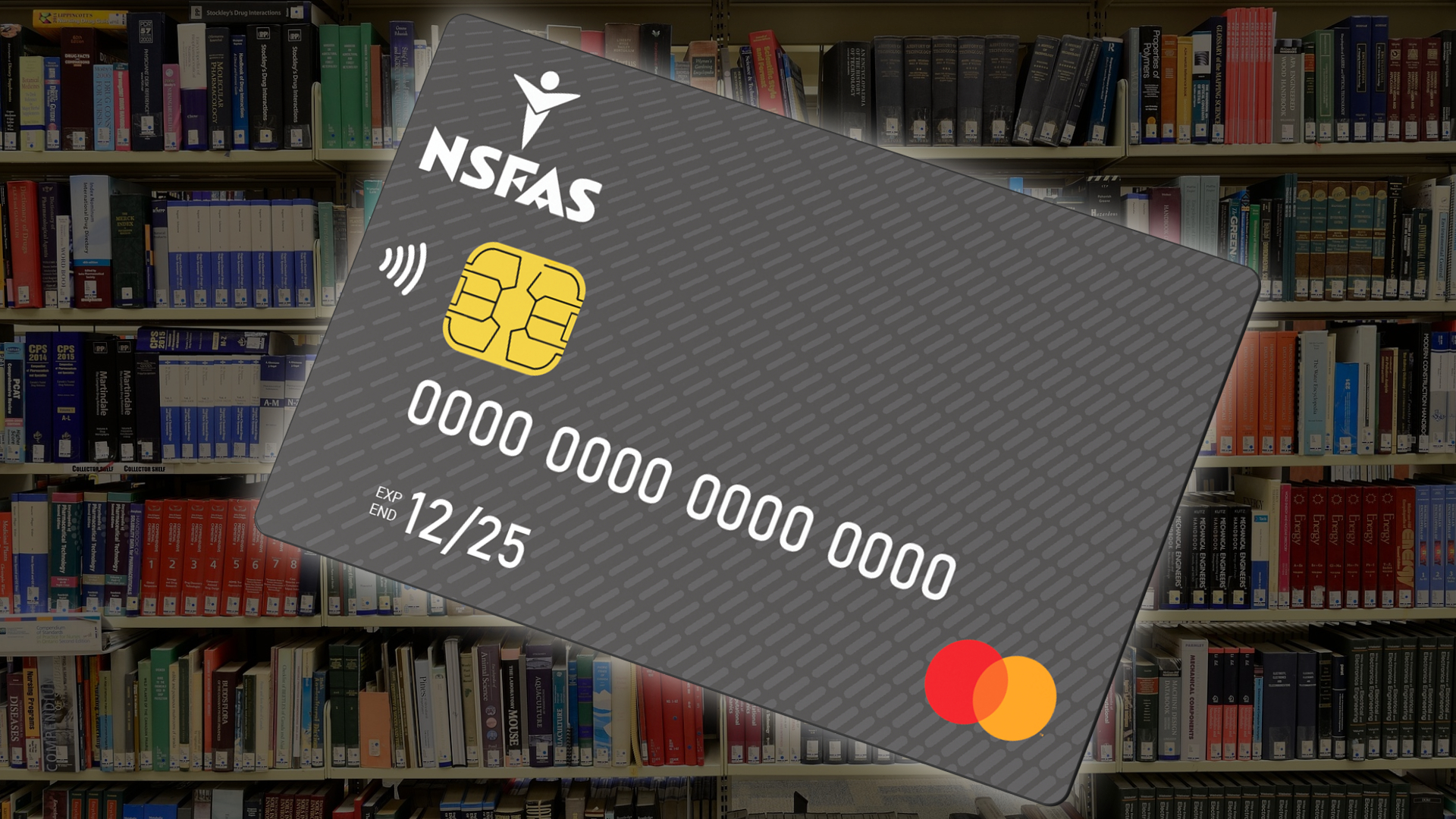- NSFAS is once again using universities to pay students. The scheme spent 2023 in efforts to stop this exact thing from happening with the direct payment system.
- NSFAS is currently looking for an alternative to the four fintech companies that run the direct payment system.
- The multibillion Rand firm and its million-plus students are currently sitting in limbo with no concrete plans set for after March.
For the months of February and March, the National Student Financial Aid Scheme (NSFAS) is once again using universities to distribute funds to student beneficiaries. The scheme spent most of 2023 in efforts and projects to cut out universities and TVET colleges from being involved in funding students with the launch of the direct payment system.
NSFAS is in a state of confusion at the moment, having lost both its CEO and board chairperson amid corruption allegations late last year. The scheme also announced that it would fire the four fintech firms that have been facilitating direct NSFAS to student payments. This has yet to happen.
In February, the government entity once again asked universities to facilitate student payments as a short-term solution while it sought alternatives to the fintechs that operate the direct payment system.
It is important to note that NSFAS funds the education of over a million underprivileged young people with a taxpayer-drawn budget of R42 billion for the year.
Last week, NSFAS said that 25 out of 26 universities had paid February allowances to beneficiaries. The sole university that had not paid was UNISA, which is apparently “finalizing the process of determining allowances based on the number of modules registered by students.”
It has not been stated why UNISA decides how much students should get paid when it is NSFAS prerogative to do so. It is now March and it is unknown if UNISA students received their allowances. Users on social media are still saying that UNISA has yet to release fees.
In July last year NSFAS launched the direct payment system, a digital system in which fintech companies would receive funding from NSFAS directly and then disburse it to students through new bank accounts. According to OUTA, the creation of the system cost taxpayers R1.5 billion.
Among the many reasons why this system was created included the removal of the “middle-man” ie universities, which would apparently cut down on the fraud the scheme was facing as well as the mismanagement of funds.
The University of Johannesburg, for example, was found by the SIU, South Africa’s anti-corruption task force, to have been holding on to over R300 million in unpaid NSFAS monies – funds that should have been given to students between 2016 and 2021. UJ has since paid back these fees to the government.
“NSFAS is grateful for the cooperation from all the universities and the Student Representative Councils (SRCs), who ensured that the payment of the February allowances is implemented seamlessly. All the universities will also be handling the payment of the March allowance,” said the scheme in a statement published last week.
After the March period, NSFAS will once again turn to its fintech partners – the ones that were supposed to have their contracts terminated – to facilitate direct payments. At least until the scheme can come up with a better plan for its million-plus beneficiaries.
As for the fintech partners themselves, a representative from eZaga, one of the four fintechs, told Hypertext via email that the firm is confused about what NSFAS is doing.
eZaga claims that it has yet to receive any official statement of termination from NSFAS, and has yet to see any findings of the 2023 investigation that culminated in the axing of the former NSFAS CEO and the implication of itself in tender fraud.
For a multibillion Rand company, with the education of over 1 million people on the line, NSFAS is seemingly being run like an everyday small business. The scheme has failed to do its due diligence at every step of the way. Despite communications that NSFAS is not in a crisis, allegations made last year by student bodies that it was in crisis seem less unfounded as the months pass.

